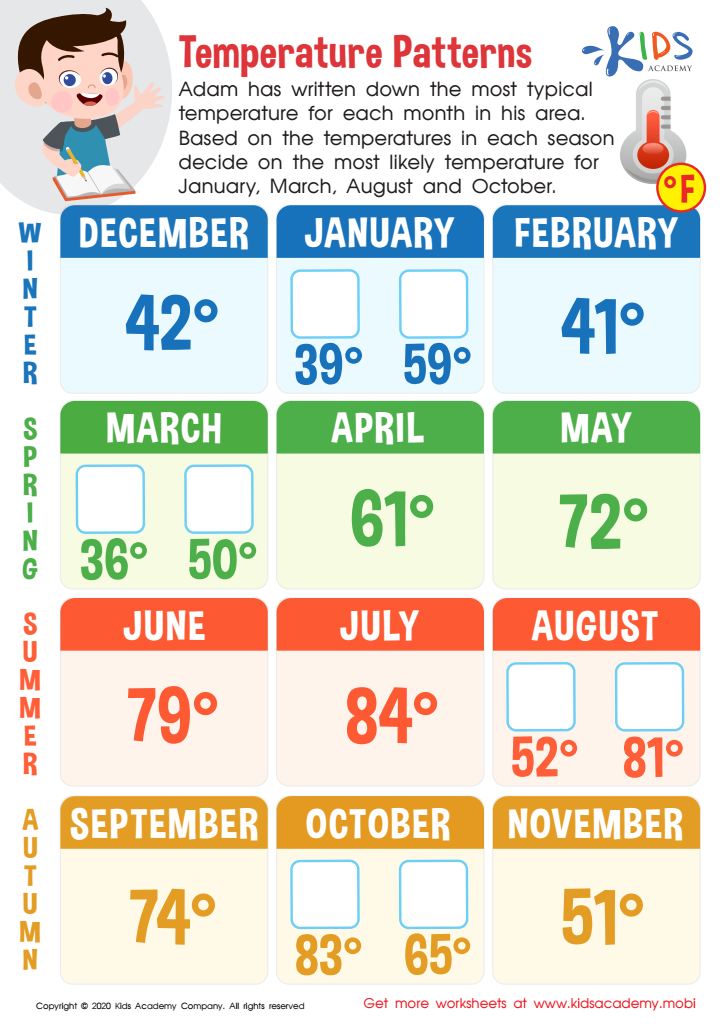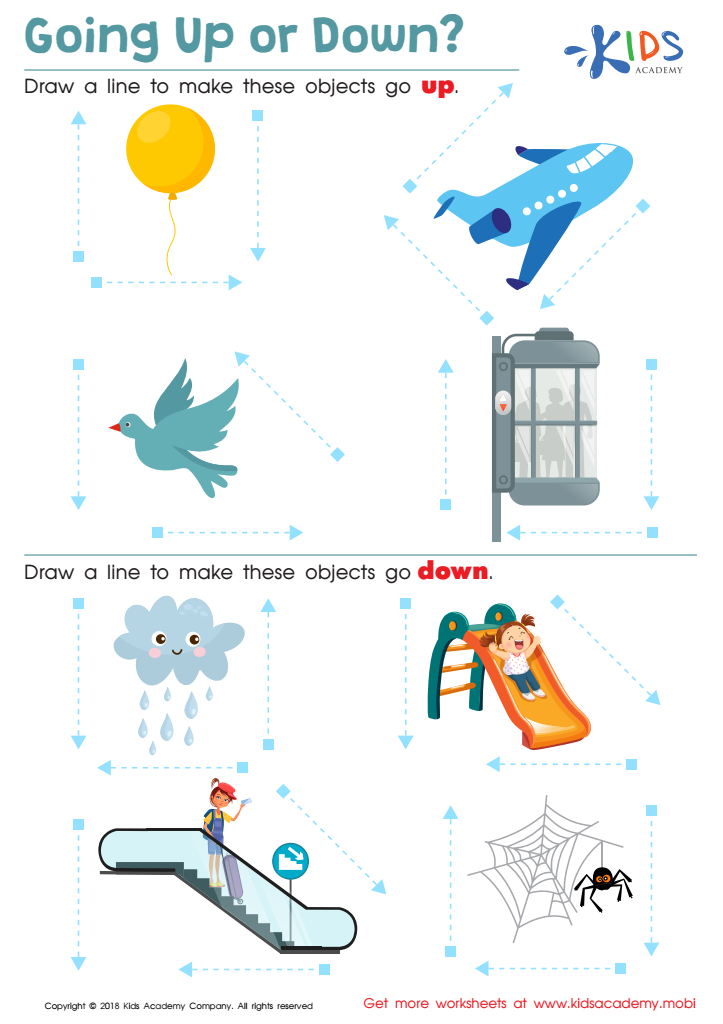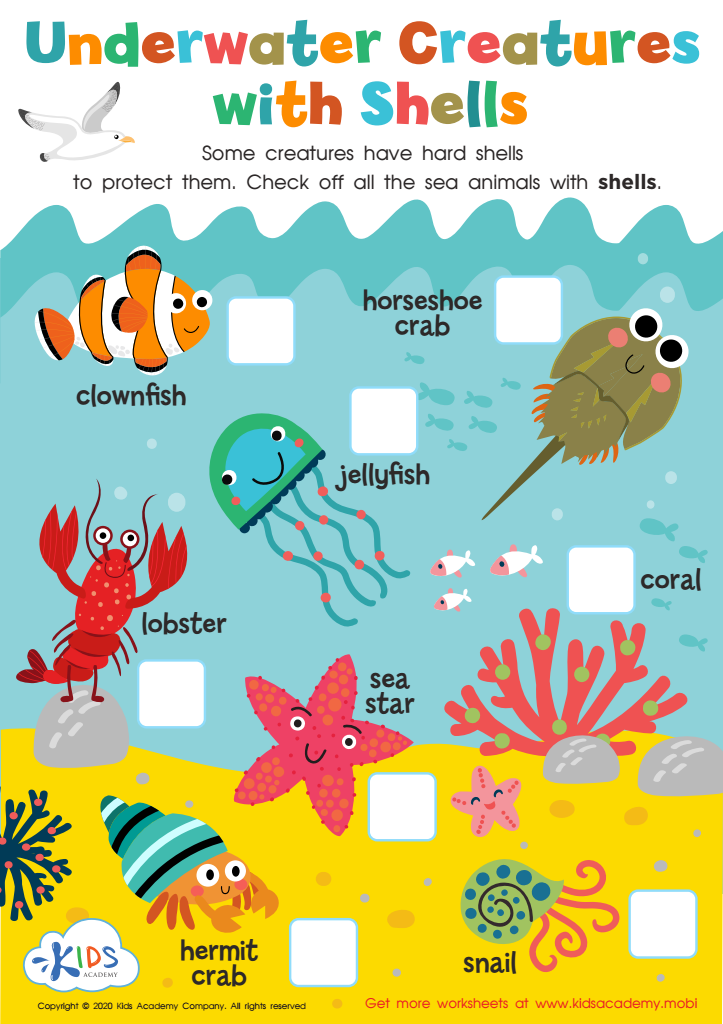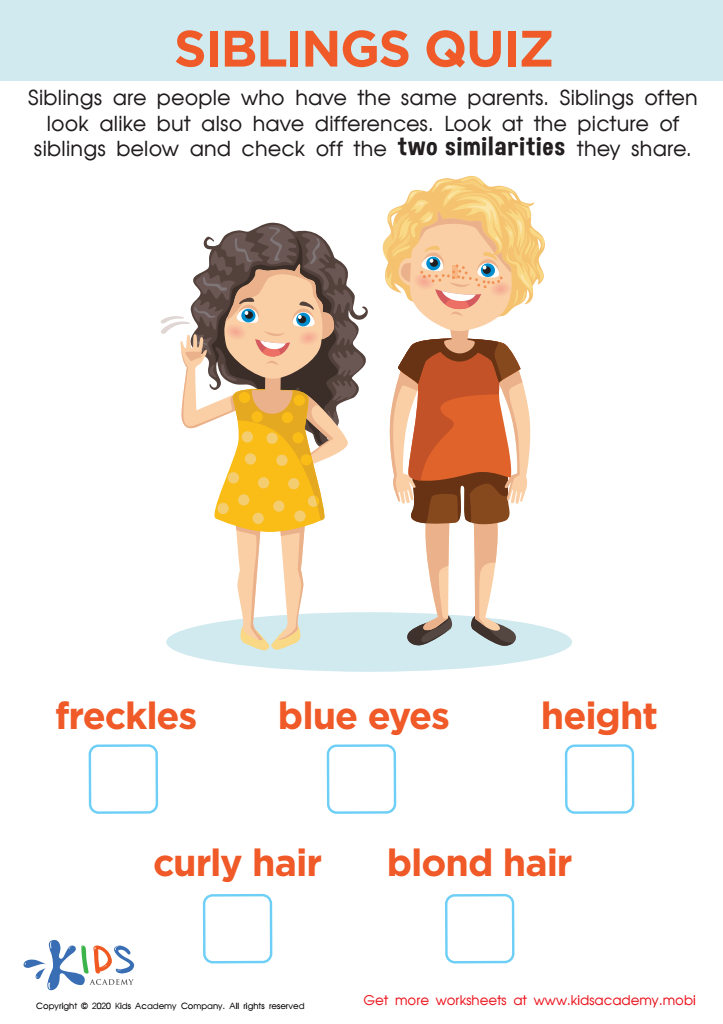Basic Math Skills Science Worksheets for Ages 6-8
5 filtered results
-
From - To
Discover our engaging Basic Math Skills Science Worksheets tailored for children ages 6-8! These worksheets seamlessly blend math and science concepts, fostering critical thinking and problem-solving skills. Designed with vibrant visuals and age-appropriate activities, they help young learners grasp essential math fundamentals such as addition, subtraction, and basic measurement while exploring scientific principles. Each worksheet encourages hands-on learning and reinforcement of mathematical concepts in a fun, interactive way. Ideal for parents and teachers, these resources ensure children build a strong foundation in both math and science, making learning enjoyable and effective. Start your child's journey to academic success today!


Temperature Patterns Worksheet


Going up or Down? Worksheet


Alien Worksheet


Underwater Creatures with Shells Worksheet


Siblings Quiz Worksheet
Basic math skills for children aged 6-8 lay the groundwork for future academic success and everyday problem-solving. At this developmental stage, children are not only learning how to perform operations like addition and subtraction, but they are also beginning to understand fundamental concepts such as measurement, sorting, and pattern recognition. These skills are essential for building critical thinking abilities that are applicable across various subjects, including science.
Parents and teachers should care about fostering these skills as they promote cognitive development and help children make connections between math and real-world scenarios. For instance, understanding numbers and measurements can enhance a child's experience with science experiments, reinforcing both subjects in a cohesive manner. Furthermore, strong math skills boost confidence, making children more willing to engage in challenging tasks and collaborative projects.
Early exposure and practice can help identify individual learning styles and potential challenges, enabling timely interventions. Early mastery of math concepts can lead to higher levels of academic achievement and a positive attitude towards learning. Thus, nurturing basic math skills during these formative years is crucial for holistic development, ensuring children are well-equipped for future educational endeavors and life experiences.

 Assign to My Students
Assign to My Students





















